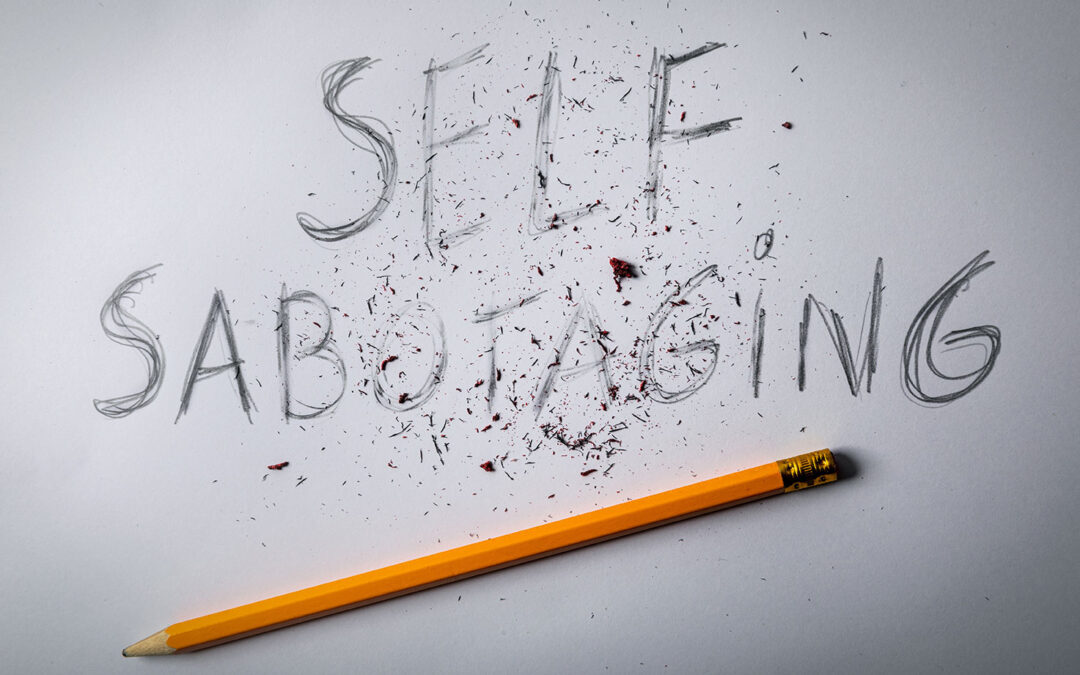Do you tell yourself you’ll be happy when you make more money?
Do you believe you’ll never get married because it didn’t happen when you expected it to?
Do you believe you’ll never reach your fitness goals if you don’t go to the gym?
If you answer yes to any of the questions above, chances are, you’re putting your happiness on hold. ¨I’ll be happy when…” is a common belief that may lead to self-sabotage behaviors ( i.e., settling, not getting your needs met, etc.). Focusing on being happy for a time that hasn’t arrived can prevent you from being present. While the belief that you’ll be happier may seem optimistic, that is usually not the case for most situations. Let’s look at the first scenario above. Holding onto that belief may cause you to feel unhappy while waiting for more money to come. Wanting more money is okay and there is no guarantee more will make you happy. Assessing why you think you’ll be happier if you made more money is a great place to start. Having an understanding of why you think you’ll be happier can be beneficial as you decide what steps to take moving forward while you wait.
A friend of self-sabotage is impatience. Waiting patiently can be difficult because there is uncertainty of when your dreams will come to life. It may be easy to contemplate giving up and/or attempt to rush the process. Being flexible with knowing that things may not happen when you’d like may remove the pressure of feeling rushed and believing it’ll be now or never. If what you want is important, reserve time to slow down and reflect before taking action. Practicing patience allows you to meet yourself where you are and move at your pace.
Another sign of self-sabotage that may keep you stuck in a harmful cycle is black-and-white (all-or-nothing) thinking. Maybe you feel nothing will be good enough unless everything goes according to plan. Black-and-white thinking can lead to being afraid of taking action if you believe you won’t get your desired outcome. The path to reaching your goals may look differently than you imagined and now may be a good time to pull out the drawing board to reevaluate your options.
Let’s imagine you want to increase your physical activity. Lifting weights may not be your desire and there is more than one way to become active. Maybe you enjoy dancing, running, yoga, etc. When you know what you want and focus on what you enjoy, you are likely to reach your goal sooner than you believe. Adding color to your thought process may provide comfort in knowing your options are endless.
Common thought processes to challenge usually contain “I should/can’t.” By reframing your thoughts to “I get to” and “I choose to” allows you to focus on the control you have. A common belief I hear clients express is thinking they have to do something they have no desire to do because of what they’ve learned and observed from others. As simple as reframing a thought may seem, it can help to eliminate self-sabotage behaviors and remove what doesn’t serve you. When your actions no longer add value to your life, it is likely that you are not getting your needs met. If you’re standing in your way, you may experience difficulty with not letting others do the same. Honoring your personal boundaries may teach you self-respect and give you courage to set boundaries with others.
If what you’re doing keeps you from accomplishing goals, completing deadlines, etc., ask yourself if it’s worth it. Is there an activity you’ve always wanted to try? Imagine what it’d be like to start today. Creating space for things you enjoy can promote having something to look forward to and will likely increase your desire to return to it because it brings positivity. Can you remember a time you accomplished a goal? Focusing on what worked well can be encouraging as you are likely to see you already have useful tools. Practice giving yourself grace by knowing it’s okay to be unsatisfied in one area of your life while finding fulfillment in areas that are going well.

